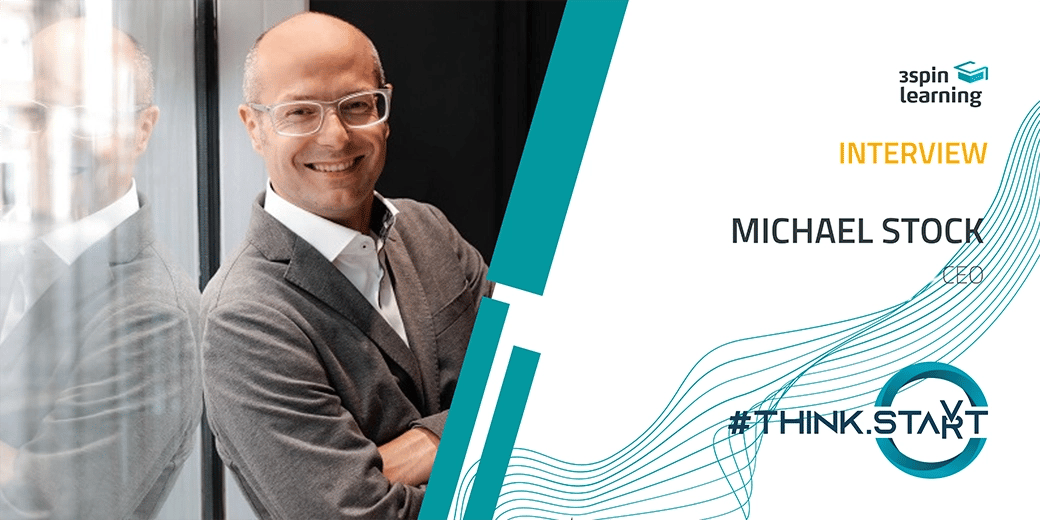Soft skills promote effective teamwork and are crucial for successful business management. Virtual Reality can play an important role in the development of these soft skills.
While having a solid education, training, and professional experience is important, less tangible skills such as soft skills are also part of successful company management. After all, it's not just about attracting the most capable and qualified employees, but also about successful teamwork.
This requires soft skills such as communication skills, teamwork. and charisma. Virtual Reality training comes into play here.
VR Benefits in Soft Skills and Leadership Training
Integrating Virtual Reality into soft skills and leadership training significantly improves the work of HR development and leads to more competent and confident leaders within the organization and ultimately to more engaged employees.
1. Active Learning
Conventional training methods are often based on passive learning, such as watching videos or reading materials. VR learning, on the other hand, encourages active participation. Employees can interact with virtual characters and make decisions that have a direct impact on the results. The hands-on experience promotes a deeper understanding of the learning material.
2. Repetition and Reinforcement
VR allows employees to repeat exercises and learning scenarios as often as necessary to reinforce what they have learned. Repetition promotes memorization of information and supports memory for various soft skills, such as active listening, conflict resolution, and public speaking.
3. Immediate Feedback
VR training systems can provide real-time feedback and performance evaluations. Employees receive immediate feedback on their actions and decisions, allowing them to recognize opportunities for improvement and adapt on the spot.
4. Building Self-confidence
Soft skills and leadership training often lead to leaving your comfort zone. VR provides a risk-free environment for employees to practice these skills. This can boost their confidence in real-life situations.
5. Cost-effective Training
Introducing VR training for soft skills does come at an initial cost, but can prove to be cost-effective in the long run. The need for physical training materials, trainers, and specialized training facilities can be reduced, making VR a scalable solution for companies with varying training needs.
6. Remote Access
VR training can be accessed from any location, making it ideal for remote teams or employees working from different locations. This accessibility allows companies to offer consistent and standardized training experiences for all employees, regardless of their geographical location.
Ways to Teach Soft Skills Virtually
Teaching soft skills virtually calls for effective strategies and a thoughtful and interactive approach so that participants actively engage in the learning process and develop the interpersonal and communication skills necessary for personal and professional development.
Interactive Online Workshops
Conduct virtual workshops where participants can interact with facilitators and each other in real-time. Utilise video conferencing tools that support breakout rooms for small group discussions and activities.
Virtual Role Plays and Simulations
Use virtual role plays and simulations to allow participants to practice soft skills in realistic scenarios.
Self-paced eLearning Modules
Integrate quizzes, assessments, and interactive elements to reinforce learning and measure progress.
Virtual Coaching and Feedback Sessions
Offer virtual one-on-one coaching and feedback sessions for personalized guidance and support in developing specific soft skills.
Real-time Feedback and Assessments
Give participants instant feedback on their performance during virtual activities and simulation exercises. Assessments measure progress and identify areas for improvement.
Gamification
Integrate gamified game elements into virtual training to make the learning experience more engaging and enjoyable. Use scores, awards, and leaderboards to motivate participants to actively participate and excel in soft skills training.
By the way, we interviewed Michael Stock from#Think.StartVR about innovative VR soft skills training.

How to Incorporate VR Leadership Training into Your Learning Strategy
Introducing VR leadership training into your learning strategy requires careful planning, preparation and communication.
Bottom Line on VR Soft Skills Training
Using simulations and real-time feedback, Virtual Reality supports the development of employees' soft skills such as decision-making, communication, and conflict resolution in a risk-free environment.
As specialist in this field, we at 3spin Learning not only know how to promote confidence and expertise, but also offer a cost-effective and scalable solution for companies that want to optimally develop their managers.